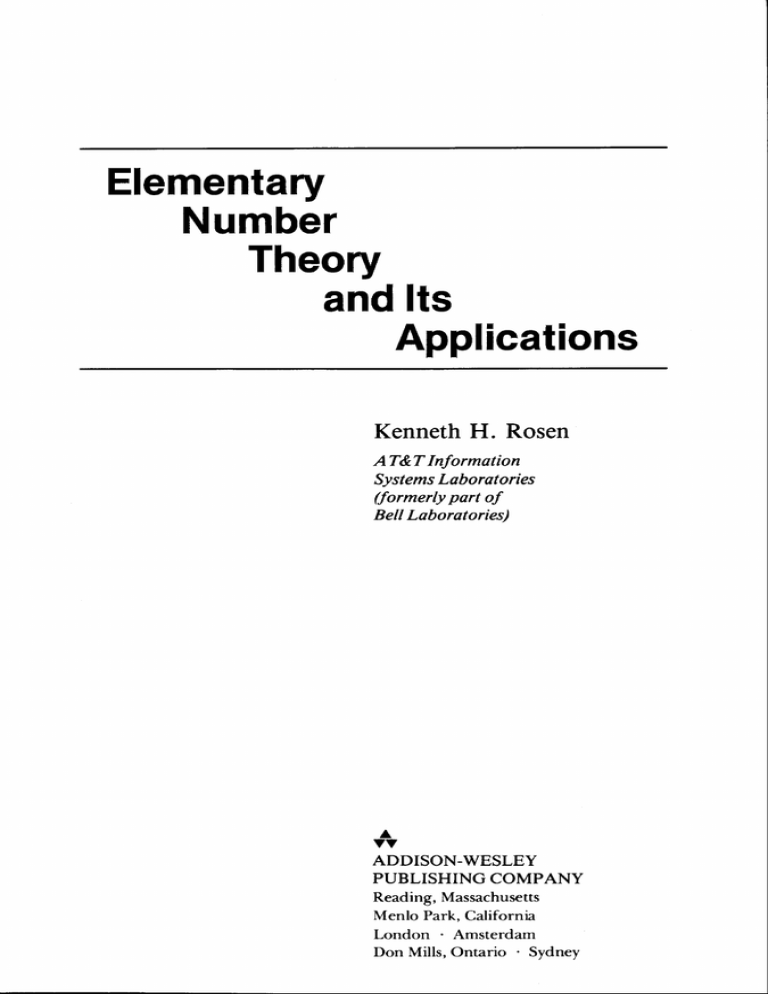
Also, check out my post on Euclidean division to make sure you’re familiar with division with remainder and some common divisibility rules.

In particular, I’d recommend you skim through the topics up to my post on negative numbers and integers to make sure you’re familiar with the basics of whole numbers and operations with them. In fact, if you’re completely new to this topic, I’d put this series in the list of strongly recommended readings before you proceed with today’s post.

The concepts I’m going to introduce will be very helpful for following the last two posts of the series on fractional and irrational numbers. Why number theory?įirst, even though strictly speaking this post isn’t part of my series on numbers and arithmetic, it’s very closely related to it. Number theory is also extremely fundamental to fields like cryptography and computer science and has applications in many other sciences, like physics and chemistry.Īpart from wanting to show you the basics of a field as important as number theory, I have two more concrete motives for writing today’s post. This is a field that grew out of arithmetic (as a sort of generalization) and its main focus is the study of properties of whole numbers, also known as integers.Ĭoncepts and results from this field are important enough to have implications for (and be used in) almost every branch of mathematics. Today I want to talk about number theory, one of the most important and fundamental fields in all of mathematics.


 0 kommentar(er)
0 kommentar(er)
